07 June 2008
Victor Davis Hanson: The bad war?
Dissatisfaction with the war in Iraq appears to be inducing both the left and parts of the right to reinterpret America's previous wars. The conservative Patrick Buchanan has written Churchill, Hitler and the 'Unnecessary War': How Britain Lost Its Empire and the West Lost the World." Wow, what a perspective on WWII! Then there is the view that American and British bombing of German cities in WWII was a war crime, put forth by the leftist Nicholson Baker in Human Smoke: The Beginnings of World War II, the End of Civilization. Just war theory is popular in some circles. Victor Davis Hanson has a well-done commentary on this rewriting of history and this tendency to think that "liberal democracies be not just better and smarter than their adversaries, but almost superhuman in their perfection."
He points out that Buchanan's (and many others) belief that the Treaty of Versailles that ended WWI was too harsh, should be viewed in light of how much worse the treaty was that Germany (Prussia) offered France in 1871 after the Franco-Prussian War or to the treaty offered to Russia in 1917 when Russia left WWI after its revolution. According to Hanson, it was also milder than the treaty Germany intended to offer a defeated Britain and France should Germany win WWI. It may still be the case that the Treaty of Versailles was too harsh in terms of reparation payments, but one can also argue that the penalty for starting a war and losing it needs to be severe to prevent countries from playing at war as though it is a game. Try and try again until you win all the marbles, as in the Hundred Years War. This is rather what Germany did by starting WWII. To prevent this, one can argue, as Hanson does, that the real mistake was not occupying Germany after WWI.
In any case, Hanson claims that these books do not prescribe realistic alternatives, which ought to be a lot easier to do after the fact than it is reasonable to expect it was for Britain and France while fighting for their lives. What kind of world would it have been if we had continued to find ways to keep doing deals with Hitler which were adequate to keep him happy? I expect Hitler would have been happy for a few more years if every time he proposed taking large chunks of other countries, the Allies had said "OK, go right on ahead." After all, he was only asking for areas where Germans lived. They lived in most of the cities and large towns throughout eastern Europe where they were prominent professionals and tradesmen. Hitler could have gone on a long time taking over areas alleged to committed abuses against these Germans, many of whom were German Jews.
Hanson says of America's role, "They and those who sent them into the carnage of World War II knew Americans could do good without having to be perfect. In contrast, the present critics of the Allied cause enjoy the freedom and affluence that our forefathers gave us by fighting World War II while ignoring -- or faulting -- the intelligence and resolve that won it."
He points out that Buchanan's (and many others) belief that the Treaty of Versailles that ended WWI was too harsh, should be viewed in light of how much worse the treaty was that Germany (Prussia) offered France in 1871 after the Franco-Prussian War or to the treaty offered to Russia in 1917 when Russia left WWI after its revolution. According to Hanson, it was also milder than the treaty Germany intended to offer a defeated Britain and France should Germany win WWI. It may still be the case that the Treaty of Versailles was too harsh in terms of reparation payments, but one can also argue that the penalty for starting a war and losing it needs to be severe to prevent countries from playing at war as though it is a game. Try and try again until you win all the marbles, as in the Hundred Years War. This is rather what Germany did by starting WWII. To prevent this, one can argue, as Hanson does, that the real mistake was not occupying Germany after WWI.
In any case, Hanson claims that these books do not prescribe realistic alternatives, which ought to be a lot easier to do after the fact than it is reasonable to expect it was for Britain and France while fighting for their lives. What kind of world would it have been if we had continued to find ways to keep doing deals with Hitler which were adequate to keep him happy? I expect Hitler would have been happy for a few more years if every time he proposed taking large chunks of other countries, the Allies had said "OK, go right on ahead." After all, he was only asking for areas where Germans lived. They lived in most of the cities and large towns throughout eastern Europe where they were prominent professionals and tradesmen. Hitler could have gone on a long time taking over areas alleged to committed abuses against these Germans, many of whom were German Jews.
Hanson says of America's role, "They and those who sent them into the carnage of World War II knew Americans could do good without having to be perfect. In contrast, the present critics of the Allied cause enjoy the freedom and affluence that our forefathers gave us by fighting World War II while ignoring -- or faulting -- the intelligence and resolve that won it."
Subscribe to:
Post Comments (Atom)












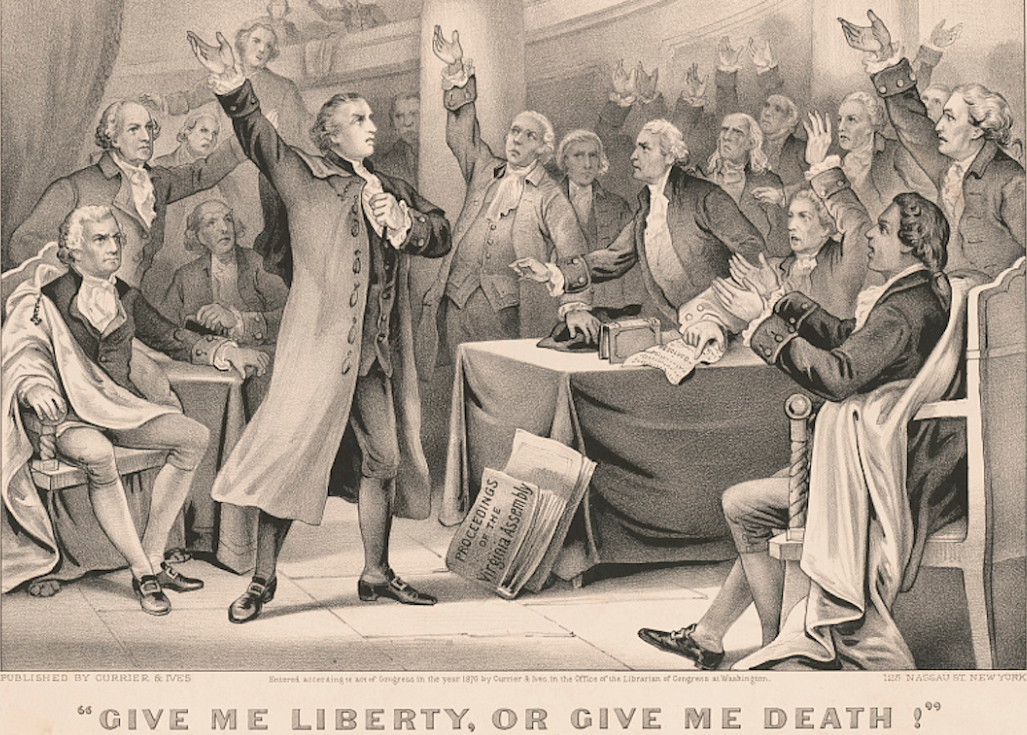


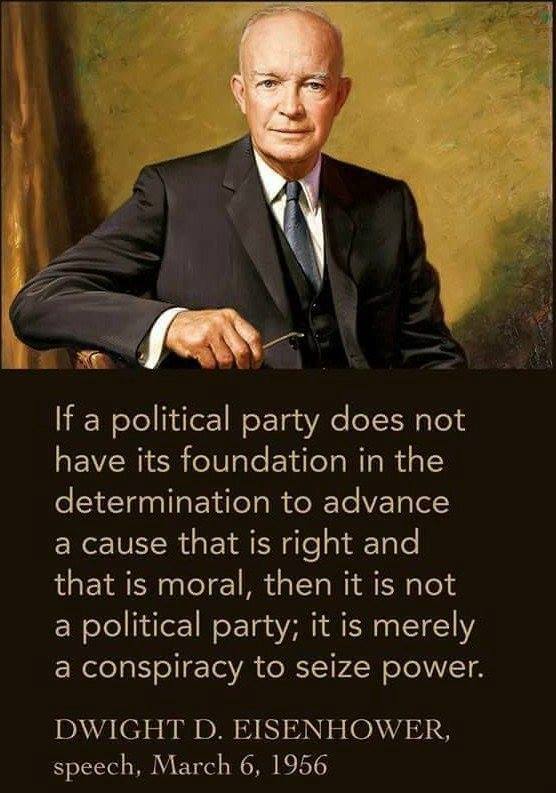
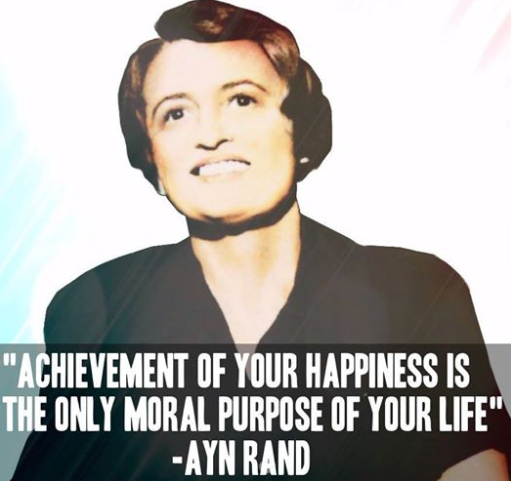



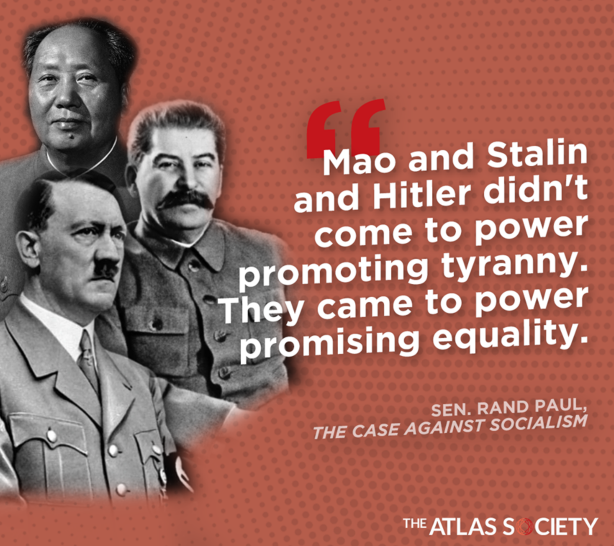
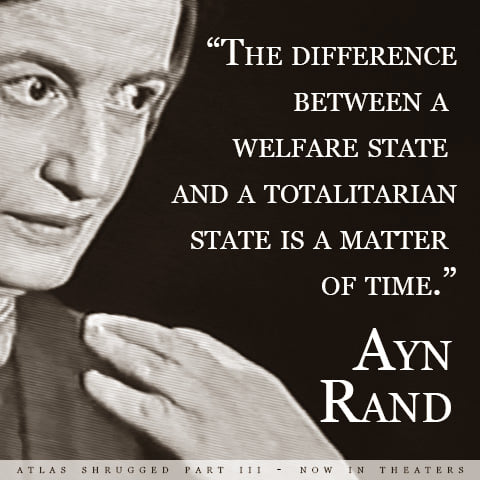

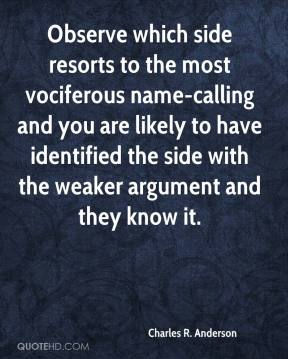
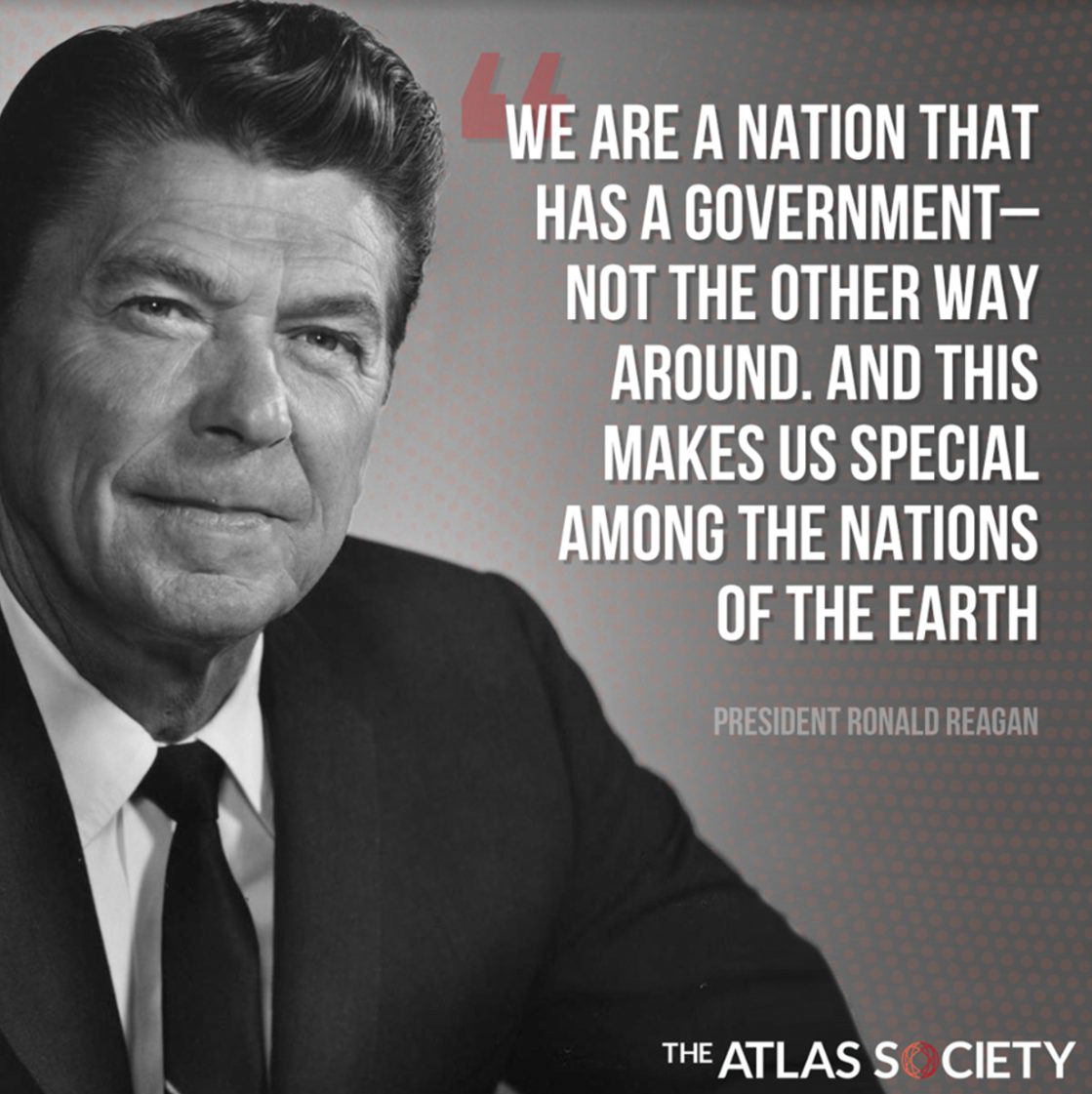




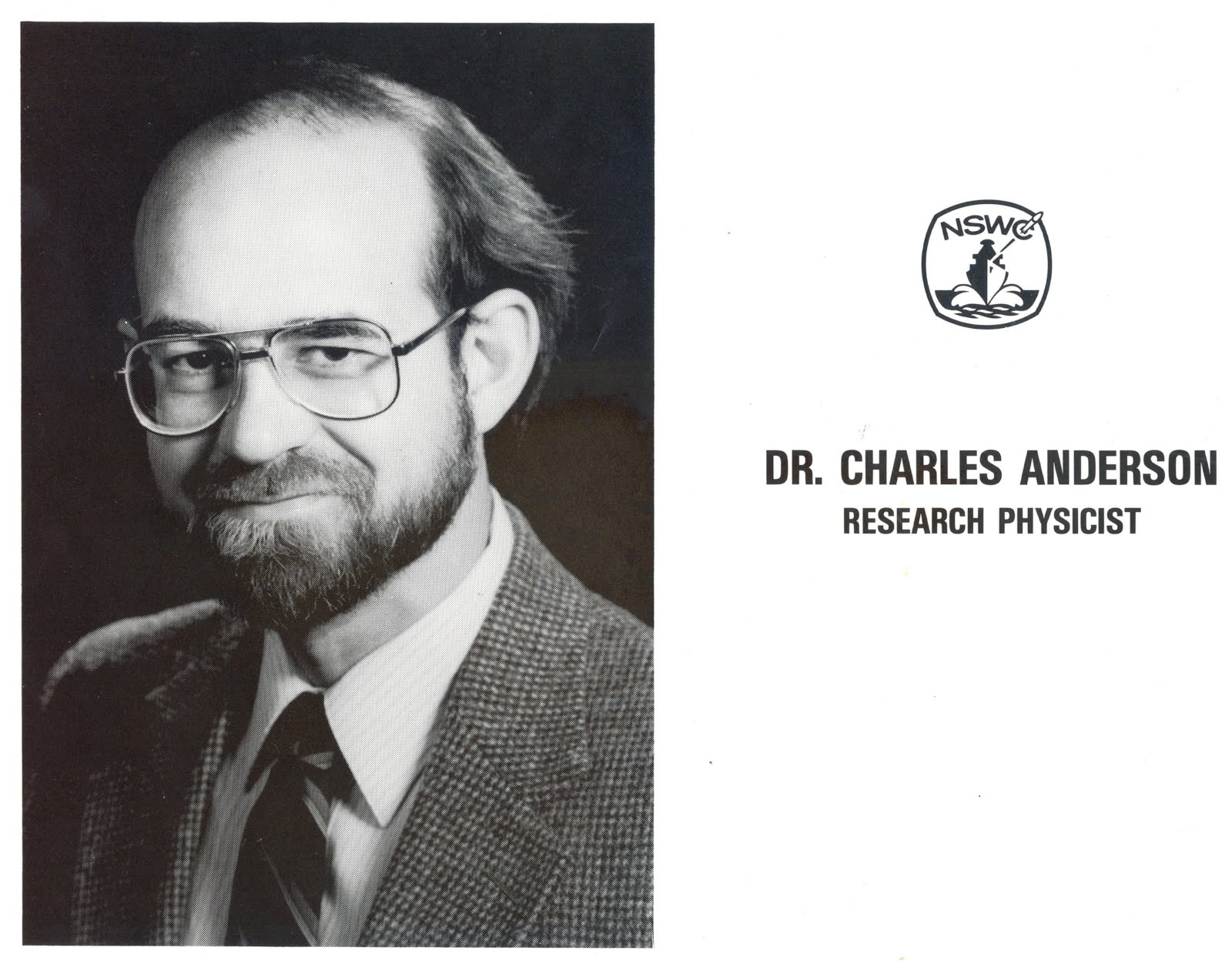


































No comments:
Post a Comment